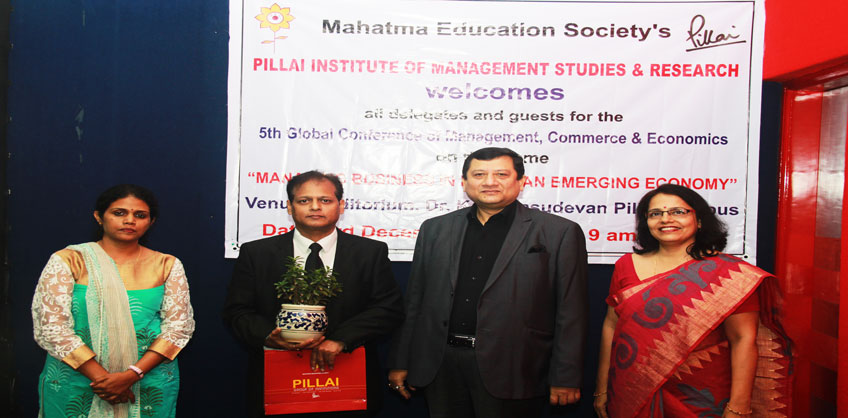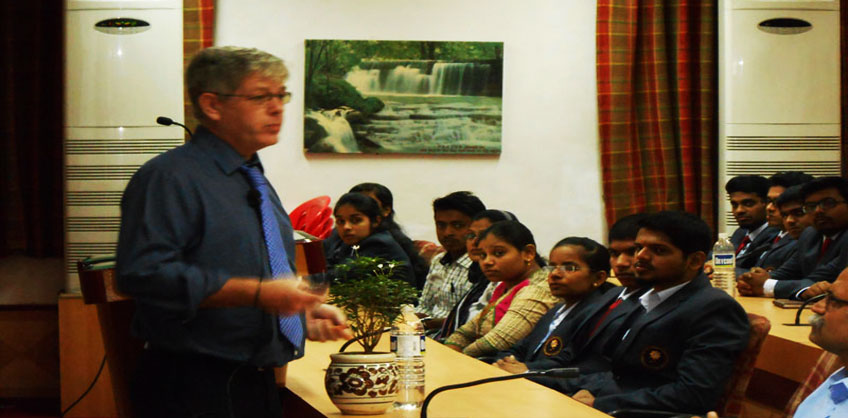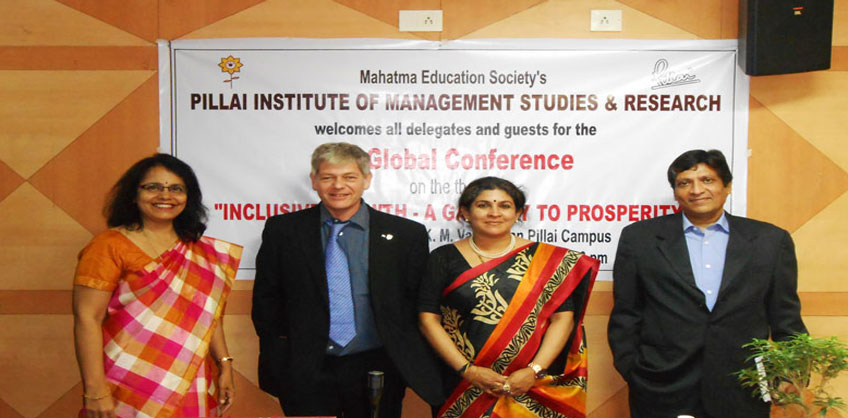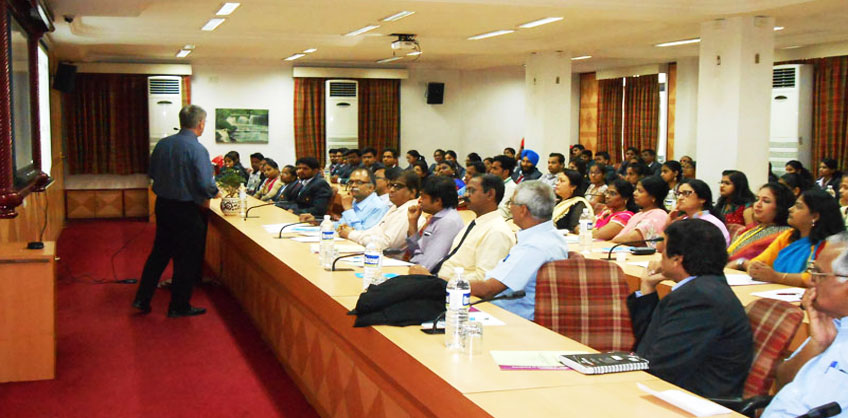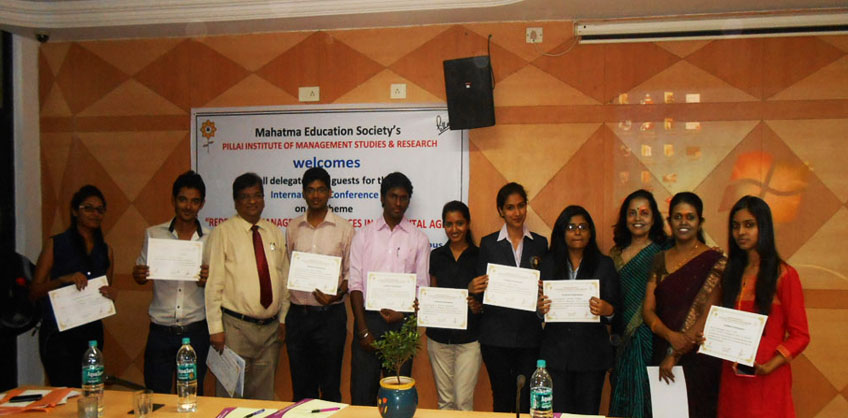VUCA is a popular acronym to describe the volatility, uncertainty, complexity and ambiguity in the business world. The dynamic evolution of digitization is causing a radical shift in the way organizations conduct business. Financial markets around the world are volatile like never before and predicting market behavior has become even more challenging. The increased use of mobile interfaces and the innovations in the field of artificial intelligence is reshaping customer expectations and creating opportunities. The way organizations approach, communicate and convince customers have drastically changed. Global competition, emerging skill shortages and changing demographics makes human resource management more challenging.
A world of VUCA provides a challenging business environment which tests the very survival of organizations. VUCA does not make planning and strategizing unimportant it only increases the complexity of the two. Navigating this environment with foresight, vision and skill helps business enterprises to face these distinct challenges with unique responses / solutions. Some organizations steer through the complexity of interconnected economies and the downturns of volatile markets by experimenting with new products, geographies and technology platforms with significant results. It is also true that many fail miserably even at the slightest change in their business models or external environment.
India is one of the fastest growing economies in the world and has become increasingly subject to the upheavals of an erratic global economy. The current Indian government has been moving rapidly to bring about disruptive changes in the business environment, including two major financial reforms: demonetization and the introduction of GST. A recent report by McKinsey Global Institute (MGI), ‘India’s ascent: Five opportunities for growth and transformation’, identifies five areas which, it states, ‘have game-changing opportunities for the country’s economy and the implications for domestic businesses, multinational companies, and the government’. MGI terms these: acceptable living standards for all, sustainable urbanization, manufacturing for India in India, harvesting technology for India’s growth, and unlocking the potential of Indian women.
In this context, PiMSR aims to discuss and debate on the opportunities and challenges of ‘leading and managing in a VUCA world’ with a special focus on India and its economic growth.
| SUB-THEME | |
|---|---|
| Commerce, Finance and Economics in a VUCA world | Human Resources in a VUCA world |
| Risk Management Financial Challenges | Reimagining HR Practices |
| Role of Government in Facilitating Business | Leadership Paradigms and its Challenges |
| Sustaining Organizational Vitality | Workforce Diversity |
| Business Ethics, Corporate Governance and Transparency | Employee Engagement Strategies |
| Legal and Tax Aspects of Business | Shifting paradigms of Organizational Culture in the age of Digitization |
| Impact of VUCA on Industrial Psychology and Mental Health | |
| Marketing in a VUCA world | Operations & Production in a VUCA world |
| Emerging Role of Social Media | Challenges within Global Supply Chains |
| Developing Agile Marketing Strategies | Capacity Building Strategies |
| Brand Value in the Age of Disruption | Re-engineering Work Processes OR Re-imagining them?! |
| Digital Marketing Models and Frameworks | |
| Information and Communication Technology in a VUCA world | Innovation and Entrepreneurship in a VUCA world |
| Effects of VUCA in ICT and Data Management | Nurturing Start-up Ecosystems |
| Importance of Analytics in Business | Survival Strategies for MSMEs |
| Digitization | Research and Development |
| Combating Cyber Security Threats | |
| Natural Resources and Environment in a VUCA world | Social Responsibility in a VUCA world |
| Renewable and Green Energy | Inclusiveness and Sustainable Development |
| Climate Change and its Impact on Business | Reducing Inequality |
| Disaster Management | Social Entrepreneurship |
| Scaling Social Enterprises | |
| Business Models for Sustainability | |
| Grassroots Innovation for Sustainable Development | |
| Education and Training in a VUCA world | |
| Survival of Institutions of Higher Education | Lessons for Next Generation |
| Innovative Teaching and Learning Strategies | Skill Development for Economic Growth |
| Collaborative Learning in a Borderless world | Vocational Training for Youth Empowerment |
Committees
| PATRONS | |
| Dr. K. M. Vasudevan Pillai | Chairman & CEO, Mahatma Education Society |
| Dr. Daphne Pillai | Secretary, Mahatma Education Society |
| CONFERENCE ADVISORY COUNCIL | |
| Dr. Priam Pillai | COO, Mahatma Education Society |
| Mr. Franav Pillai | Dy. CEO, Mahatma Education Society |
| CONFERENCE ORGANIZING COMMITTEE | |
| Dr. Celina Joy | Conference Chairperson |
| Dr. Vivekananda Pawar Dr. Betty Sibil Dr. Ashish Tripathi Dr. Anjali Bhute | Conference Co-Chairpersons |


